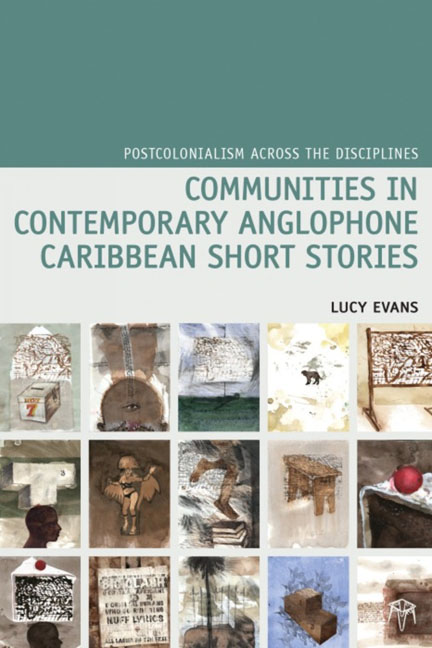1 - Rural Communities
Summary
Olive Senior, Earl Lovelace and the short story form
For Édouard Glissant, literature of the Americas is characterised by an ‘irruption into modernity’. He proposes that while literary traditions in other parts of the world have ‘slowly matured’, in the Americas, due to a shared history of colonialism and transatlantic slavery, the shaping of literary traditions has taken the form of a ‘brutal emergence’. The word ‘modernity’ here relates both to the style and form of literary expression, and to the context in which it is produced; as Dave Gunning explains, the ‘capitalist systems that made possible the slave-based plantation colonies of the [Caribbean] region ensured that the very structures of these societies were grounded in the dynamics of an emergent modernity’. Glissant presents literature of the Americas as ‘the product of a system of modernity that is sudden and not sustained or “evolved”’, arguing that modernity in the Caribbean and other parts of the ‘New World’ has been ‘abruptly imposed’ from without rather than gradually developed over time within these societies. He associates this break in historical continuity in the Americas with a break in the continuity of literary and cultural traditions, considering how the sudden ‘confrontation’ of European written traditions with African oral traditions has led to new forms of literary expression specific to the Americas. Glissant's ideas provide a basis for conceptualising a form of modernism which has emerged out of, and in response to, the particular histories of Caribbean societies, and which enables Caribbean writers to ‘give meaning to the reality of [their] environment’.
Following Glissant, Simon Gikandi sees the linguistic and formal experimentation of Caribbean modernist writers as resulting from their attempts to synthesise a European literary heritage with an African-derived folk culture. Glissant warns against the danger of reducing a Caribbean community to its ‘folklore’, arguing that literature ‘cannot “function” as a simple return to oral sources of folklore’. Caribbean writers must, instead, grapple with two disparate traditions, making an attempt in their work to contend with the ‘tortured relationship between writing and orality’. To read Caribbean writing as a straightforward expression of folk culture is to overlook both its experimental qualities and its engagement with a Caribbean ‘lived modernity’.1
- Type
- Chapter
- Information
- Publisher: Liverpool University PressPrint publication year: 2019



